Fordham Students Participate in Primaries Poll
The poll results indicated that Bernie Sanders was Fordham's preferred candidate. (Jennifer Hoang/ The Fordham Ram)
February 19, 2020
Bernie Sanders is the most popular candidate in the Democratic primary, according to a national poll by YouGov and The Economist. He is also the most popular with Fordham students, according to a survey conducted by the Ram.
Last week, the Ram created an anonymous poll for students to provide their views on the 2020 primary. The results from a sample of 119 Fordham students provided an insight into which candidates students support, as well as the issues they find most important.
With ten candidates to choose from, Fordham students were split on who they supported. However, Bernie Sanders took the top spot with 29.4% of respondents, while Elizabeth Warren followed in second place with 18.5%. Pete Buttigieg came in third place with 15.1%.
These results differ slightly from the results of the New Hampshire primary held on Feb. 11. Sanders came out on top in New Hampshire but by a much closer margin, earning 25.7% of total votes, with Buttigieg finishing just after with 24.4%, according to Politico. Amy Klobuchar also did much better in New Hampshire than at Fordham. She received 19.8% of votes in New Hampshire but only 0.8% of votes from Fordham students, according to Politico.
The rest of the candidates received considerably fewer votes, with Andrew Yang and Donald Trump tying at 6.7%. The poll was created before Andrew Yang dropped out of the race on Feb. 11. He tweeted that he was proud of his campaign despite not winning in New Hampshire.
Joe Biden finished in the Ram’s poll with 5%. The percentage of students who responded that they either supported a candidate not listed in the survey or preferred not to say who they supported was 13.4%.
Professor Boris Heersink of Fordham’s political science department provided his insight into how a large field of candidates, especially on the Democratic side, affects the dynamics of the primary elections.
“If enough candidates stick around long enough, it might be hard for one candidate to get a majority of the delegates, which could get messy,” he said.
However, Heersink also said the high number of candidates might be a positive thing. He said he thought voters felt they did not have enough choice during the last presidential election in 2016.
However, one student said on the survey they felt the options in the 2020 primary are “not great.” Several other respondents said they were concerned that the Democratic nominees would be unsuccessful.
“I just really don’t want Trump to win,” one student wrote.
Another student expressed concern that they were unsure of how to choose a candidate in the 2020 election cycle.
“I really feel like I need to do more research before I pick a candidate for sure, but I don’t know where to get reliable information,” the student said.
When it comes to the issues, Fordham students were most concerned with climate change; 30.3% said they considered it the most important issue.
Health care came in second place with 19.3% of the votes. The economy came in third and gun policy finished in fourth, with 16.8% and 13.4% respectively. Taxes received just 5.9% of votes and immigration received only 5%.
At the very least, Fordham students are paying attention to the primary election coverage this year, with 31.1% of respondents paying very close attention to the primaries, 26.1% paying close attention and 30.3% paying some attention.
The respondents were also more left-leaning overall, with 59.7% of students identifying as Democrats; 25.2% said they considered themselves independent, while only 6.7% identified as Republican. The percentage of participants that said they would prefer not to provide their political leaning was 8.4%.
When asked whether they planned to vote in the 2020 primaries, 70.6% of students said they would and 16% responded that they were still unsure, while 13.4% said they did not plan to vote.
Vice President of Fordham College Democrats Sam Hardy said she would definitely vote in her state’s primary election on Super Tuesday.
“I’m very excited,” she said. “I requested my absentee ballot.”
She also said she thought every Fordham student should vote in the primary elections, regardless of their political beliefs.
“If you don’t vote, the process is still there, and people are still going to be making decisions,” Hardy said. “If you want input, you’ve got to have your voice heard and get involved.”


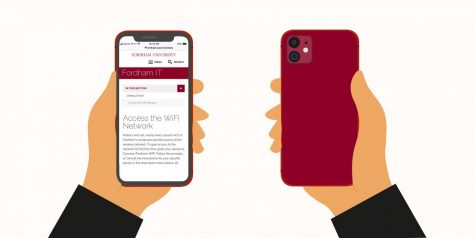
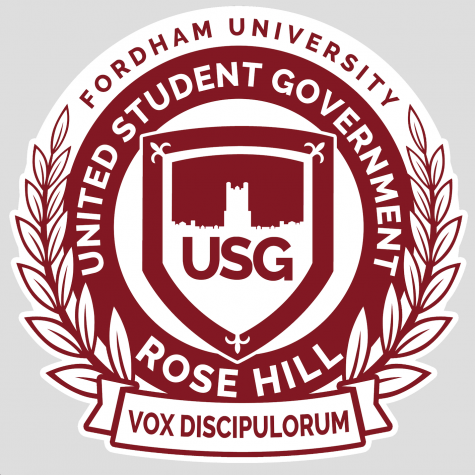
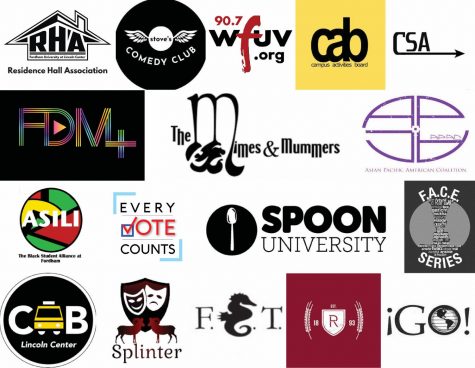
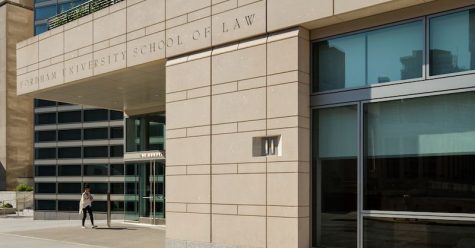

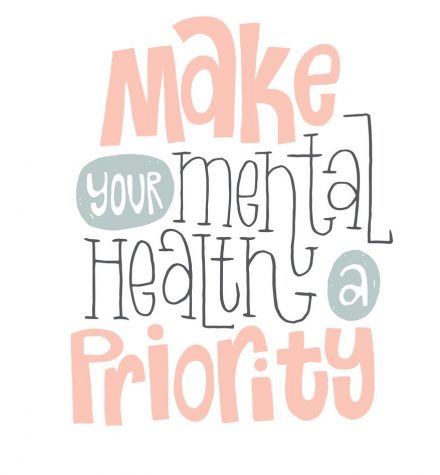
If you want a picture to show with your comment, go get a gravatar.